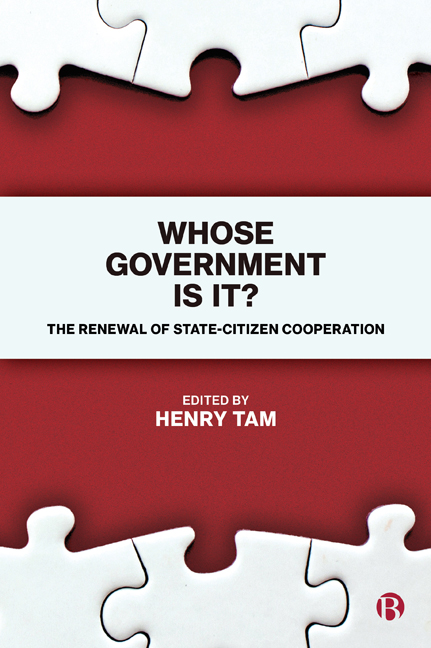11 - Improving Citizenship Education
Published online by Cambridge University Press: 27 April 2022
Summary
The very premise of this book seeks to identify positive and progressive manifestos for democratic renewal and, in their commitment to that mission statement, the chapters thus far have made clear the crisis of contemporary democracy. In this context, political science has arguably been preoccupied with supply-side theories of democratic design and demand-side studies of populism or extra-statal politics, but there has been only nascent consideration given to the role of schools in both promoting political engagement and cultivating deeper understandings of democratic politics. Twenty years since the publication of the final report of the Advisory Group on Citizenship (AGC; ‘Crick Report’), which led to the introduction of citizenship education as a statutory feature of the UK national curriculum, this chapter makes three interrelated arguments:
1. Citizenship education can play a major role in promoting political understanding and state‒citizen cooperation.
2. Citizenship education as it has been implemented in the UK has generally not lived up to this potential.
3. This raises distinctive questions about the existence of blockages, barriers and the ‘politics of ‘ citizenship education more broadly.
In order to substantiate and tease apart these arguments, this chapter is divided into four main sections. The first section introduces citizenship education as a normatively contested concept and describes its introduction as a statutory feature of education in the UK. The second section reviews the existing research and data on the impact of citizenship education globally in order to reveal the existence of particular correlations with sociopolitical outcomes (Schulz et al, 2016). The third, most substantive section identifies a gap between the ‘Crick vision’ laid out 20 years ago (AGC et al, 1998) and the delivered reality of citizenship education in the UK. The fourth and final section offers a number of solutions that seek to realign citizenship education with the principles of shared governance and democratic citizenship. These suggestions incorporate practical recommendations for teacher training and school-based delivery of citizenship education as well as more abstract proposals for reconceiving policy and public discourse in a way that supports globalised, communitarian and critically active conceptions of the subject.
- Type
- Chapter
- Information
- Whose Government Is It?The Renewal of State-Citizen Cooperation, pp. 177 - 194Publisher: Bristol University PressPrint publication year: 2019

